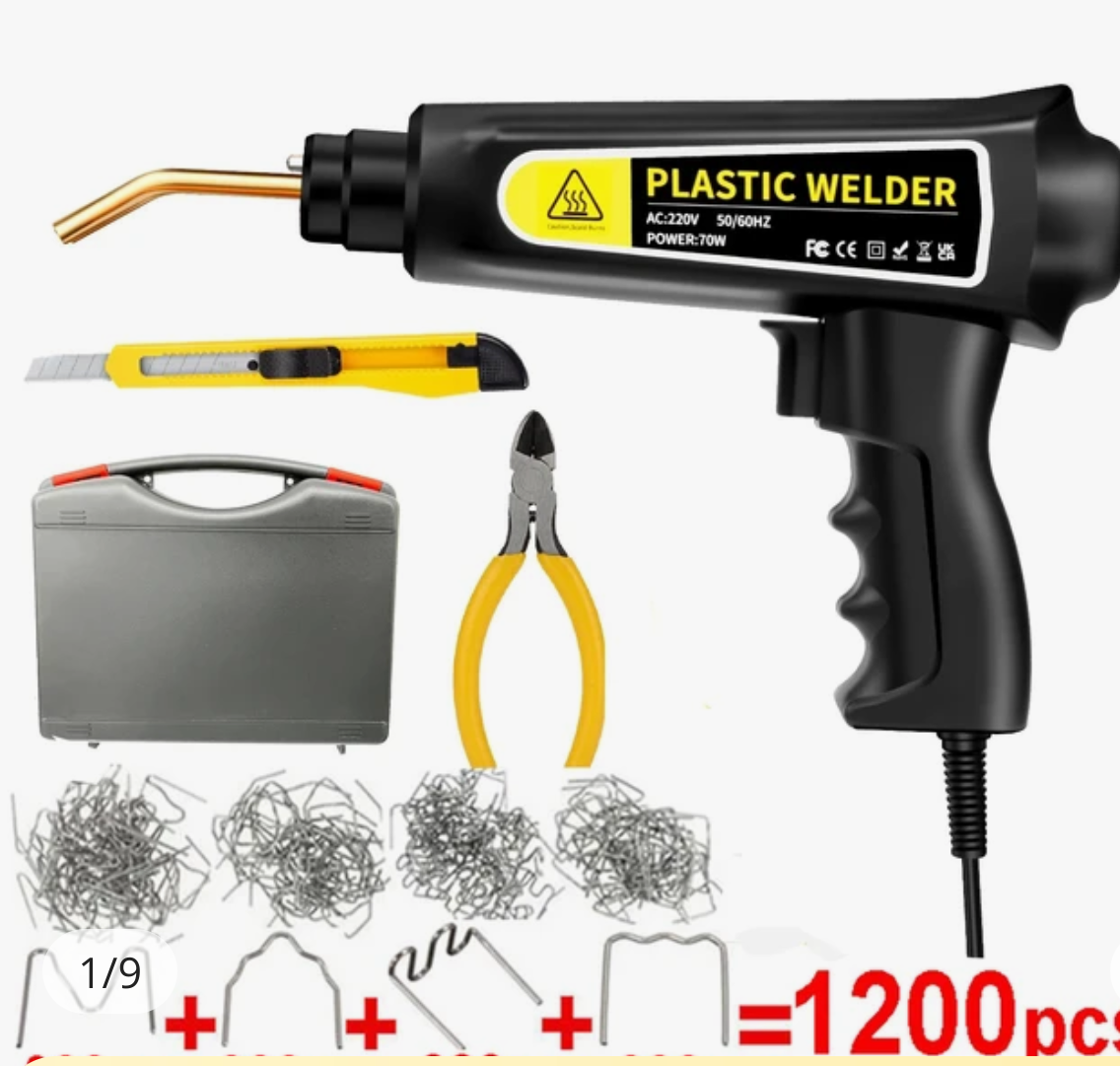

I can assure you that this won’t work on any modern automotive paint… well, maybe if Tesla comes up with paint next year it will start working.
Modern automotive paints are basically several layers of rather resistant plastic / metal flakes bonded to the metal body of the car, protected by several layers of different plastic (clear coat), no bologna will hurt them.
If you ever had to strip any modern 2K paint off of anything, you know what I’m talking about. Luckily, we live in the digital age and you don’t have to believe me, so here’s some random guy I have never seen before today testing the bologna myth:






Yeah, wanted to comment exactly that. You could literally watch him become crazier with every upload. At first I did overlook the odd comment, but he eventually went full nutjob and I had to unsubscribe.